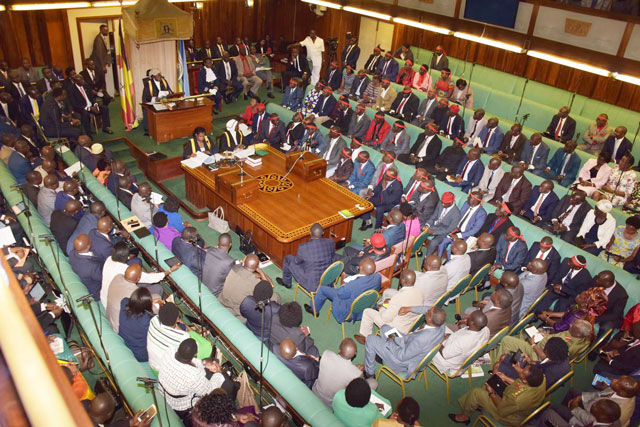
The current MPs misfired right at the start when in their very first sitting, it is said they pocketed Shs5million each to vote for Jacob Oulanyah as deputy speaker against Kampala Central’s Mohammad Nsereko. At that time cameras captured some legislators saying they are in parliament “to enjoy life”.
Only the Committee on Commissions, Statutory Authorities and State Enterprises (COSASE) chaired by opposition MP Abdul Katuntu has done some impressive work. It caused Chinese road contractors to refund Shs26 billion meant to compensate families displaced by UNRA projects that it had misappropriated. It also investigated circumstances under which a reward of Shs6billion was given to 42 civil servants who participated in the Heritage Oil and Gas arbitration case.
“Even PAC that had retained some clout eventually went quiet. COSASE is the only vibrate committee everything else is dead”, says Makara, “MPs don’t even understand what their roles are for sure. They have no experience in governance.”
NGO forum Executive Director Richard Sewakiryanga agrees that some MPs never go back to consult their voters yet MPs must engage citizens to routinely ascertain their interests, opinions and concerns. In his forward, Sewakiryanga says accountability difficulties emerge and pose a threat to the legitimacy of parliament when this is not done.
To change the grim image of parliament, Sewakiryanga and his researchers recommend that MPs change their method of work, be in constant interaction with their voters, and maintain policy-oriented and not transaction-driven dialogue with citizens if they are to make good laws that reflect the needs of the population.
“The reality for most members of Parliament is that they are constantly being asked to respond to the needs and concerns of people. A parliamentarian will receive numerous text messages, telephone calls and personal requests for assistance on any given day. The challenge for many Parliamentarians is to initiate and maintain a dialogue with citizens that is policy oriented and not transaction driven”.
The figures of business handled in first session
- 35 bills passed
- 61 ministerial statements adopted
- 16 resolutions adopted, 13 were authorizing government to borrow money
- 31 committee reports made
- 411 questions were responded to by leader of government business.
*****
 The Independent Uganda: You get the Truth we Pay the Price
The Independent Uganda: You get the Truth we Pay the Price



